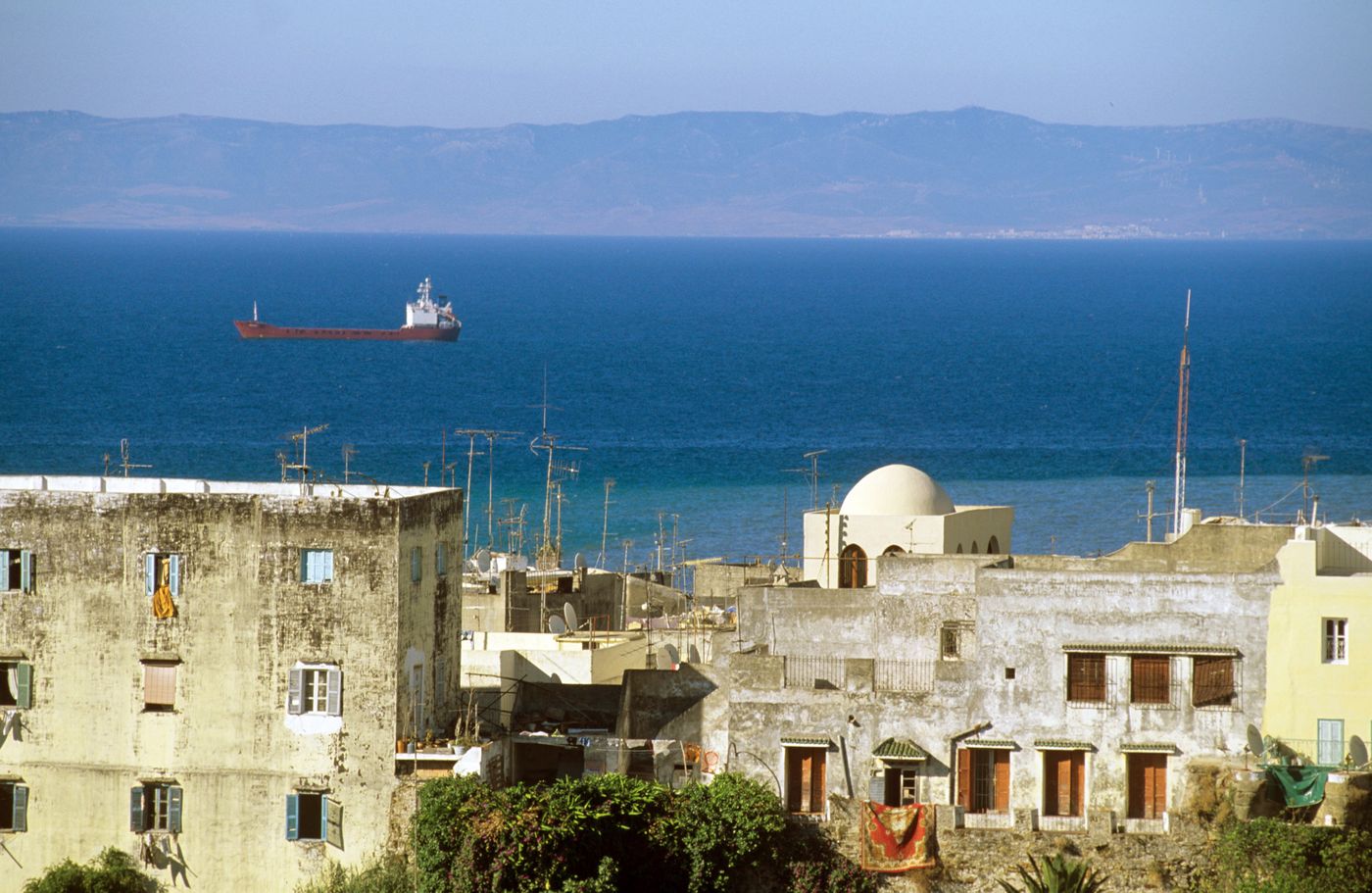Trend 1: Political instability in Europe
In European-African relations, signs of political instability – such as violent upheavals, autocratisation and the erosion of state institutions – have long been regarded as phenomena that occur primarily in Africa. The EU member states have seen themselves in a supporting role: development cooperation, stabilisation, support for security sector reforms. This view is currently being called into question – and not just in the Sahel.
At the same time, our strategic foresight process suggests that political crises and upheavals are also to be expected in Europe in the coming years as an expression of political instability in EU member states and, consequently, in European institutions as well. In some member states, democratic systems are coming under increasing pressure. National populist movements are gaining in strength; and in several countries, parties on the right of the political spectrum are assuming government responsibility. The elections in France in 2027 are particularly important for the future of Europe’s cohesion and relations with Africa. What are the prospects for African-European ties if major European countries are governed by right-wing populist parties?
The Italy-Africa summit in February 2024 showed that Italian Prime Minister Giorgia Meloni’s policy approach in the areas of asylum, migration and energy cooperation with Africa is winning over representatives of many (right-wing) conservative parties in Europe. And the same forces are also very interested in the UK’s visa agreement with Rwanda. Against this backdrop, we expect a stronger focus on the national interests of member states in the areas of migration control and energy supply – areas in which right-wing governments also rely on European institutions and processes.
These developments do not necessarily signal a fundamental shift. However, they are putting pressure on previous EU narratives and policy approaches, according to which Europe, as a normative foreign policy actor, cooperates with African states to their (developmental) advantage (regardless of to what extent this corresponds to reality). A “demographic dividend” for Europe’s ageing societies through migration from Africa is becoming less likely, as a negative stance on asylum and migration has so far been the only common denominator of right-wing parties in Europe.
Political instability is a key factor that has close links to other trends and “drives” them in a negative sense. Fragile governments are less able to deal with the consequences of climate change, promote regional economic integration and assert their sovereignty in negotiations over resources and supply chains.
German and European actors should regard these developments as extremely important. Can the abandonment of European policy approaches be prevented and the public discourse in Europe influenced – for example, by adopting more constructive migration narratives? Will the Green Deal continue to be relevant for European foreign relations or can we expect a shift away from sustainability principles if European institutions increasingly serve the interests of governments on the far right of the political spectrum in the future?
